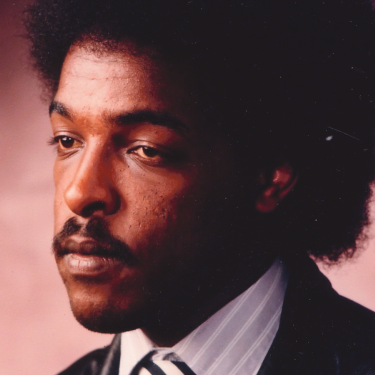The case of Dawit Isaak: RSF international joins its Swedish section to file a complaint for crimes against humanity against Eritrea’s president Isaias Afwerki

Reporters Without Borders (RSF), together with the Swedish legal team of imprisoned journalist Dawit Isaak, has filed a complaint against Eritrean leaders – including President Isaias Afwerki – with the Swedish Prosecution Authority for crimes against humanity.
On 23 September 2024, journalist and writer Dawit Isaak will have spent 23 years in detention without trial in Eritrea. Isaak, a Swedish citizen, and his Eritrean colleagues Seyoum Tsehaye, Temesgen Ghebreyesus and Amanuel Asrat are the longest-detained journalists in the world.
Ten years ago, Isaak’s legal team filed a criminal complaint with the Swedish Prosecution Authority. The Prosecutor General found reason to believe crimes against humanity were committed against Isaak and that the responsibility for these crimes, which were also committed against other journalists, lay with Eritrean leadership. The Prosecutor General notably asserted that these crimes could be investigated by Swedish police. Yet he never opened an investigation: after discussions with the Swedish Foreign Ministry, he concluded that an investigation would risk harming their negotiations for Isaak’s release.
The validity of that argument was questionable ten years ago and certainly holds no water today. Crimes against humanity are a common global concern, and Sweden has a great responsibility to investigate these suspected crimes.
The complaint was signed by Antoine Bernard, RSF’s Director of Advocacy and Assistance, and Dawit Isaak’s Swedish legal team, Percy Bratt and Jesús Alcalá.
After 23 years of fruitless negotiations, Sweden can no longer postpone letting the law have its say in Dawit Isaak’s case.
It is now high time for Sweden to take up its international responsibility.
In its latest report, The UN Commission of Inquiry on the situation in Eritrea asserted that all Member states have a responsability to bring suspects of the widespread crimes against humanity in Eritrea to justice.
The African Commission on Human and Peoples’ Rights has firmly established how Eritrea violates the African Human Rights Charter. The UN Working Group on Arbitrary Detention, which tried Dawit Isaak’s case last year, found that Eritrea violated 19 articles in the International Covenant on Civil and Political Rights and the Universal Declaration of Human Rights, which the government of Eritrea has promised to honour.
The complaint was filed at the behest of RSF’s Swedish section and with the support of the NGO Swedish PEN and the Raoul Wallenberg Centre for Human Rights in Canada.
